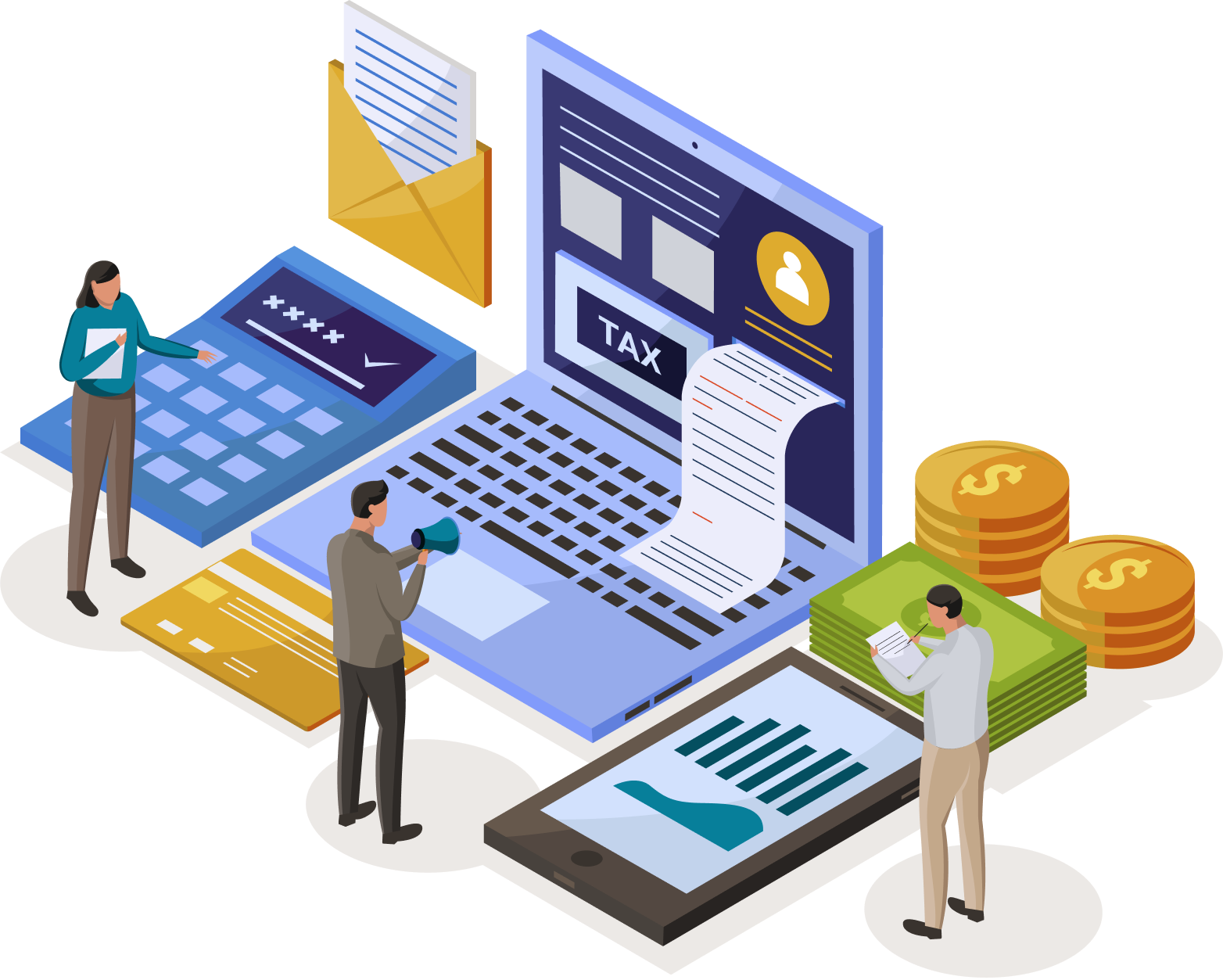Each April is the time for Americans when their income tax returns are due. In the case of first-time filing taxes, some people find it hard for them because they don’t know what forms and papers they need to file their income tax return. But doing your taxes may be just a straightforward task of filling out forms and doing basic math. For first-time filers, here are some tax filing tips.
Which Forms Do You Need For First-Time Filing Taxes
For the first time filing taxes, you need to start by choosing the main form you will use. Begin with looking at the simplest form, the 1040EZ, and read the instructions for the form to see if you can file with this form. Married couples with dependents will need to file a 1040A tax form. You can also download all needed forms from irs.gov. Links to them and virtually any question you have on this subject can be answered. Or if you can afford to pay someone to do your taxes, let them do this for you.
05 Things to Consider When Filing Taxes for the First Time

Filing taxes for the first time can be a bit overwhelming, but with the right guidance, you can navigate the process smoothly. Here are five essential tax tips for first-time tax filers:
1. Gather All Necessary Documents
Ensure you have all the necessary documents before you start filing. This includes:
- W-2 forms from your employer(s)
- 1099 forms if you have freelance income
- Receipts for deductible expenses
- Bank statements and investment income documents
- Student loan interest statements (Form 1098-E) Having everything organized will make the filing process much easier and help you avoid missing any important information.
2. Understand Your Filing Status
Your filing status determines your tax bracket and eligibility for certain deductions and credits. The main filing statuses are:
- Single
- Married Filing Jointly
- Married Filing Separately
- Head of Household
- Qualifying Widow(er) Choose the status that best fits your situation to ensure you’re getting the appropriate tax benefits.
3. Take Advantage of Tax Deductions and Credits
Tax deductions and credits can significantly reduce your tax liability. Common deductions and credits include:
- Standard Deduction: A fixed amount that reduces your taxable income. For 2024, the standard deduction for a single filer is $13,850.
- Education Credits: The American Opportunity Credit and the Lifetime Learning Credit can help offset the cost of higher education.
- Earned Income Tax Credit (EITC): A benefit for low-to-moderate-income workers.
- Student Loan Interest Deduction: You can deduct up to $2,500 of interest paid on student loans. Research and apply all deductions and credits you qualify for to lower your tax bill.
4. Choose the Right Filing Method
Whether you’re filing your income tax returns for the first time or a consistent tax filer. You can file your taxes in the following ways:
- Online Software: Tax software like TurboTax, H&R Block, and Tax Act can guide you through the process step-by-step.
- Professional Help: Hiring a tax & Accounting professional can be beneficial if your taxes are complex.
- Free Filing Options: If your income is below a certain threshold, you might qualify for free filing through the IRS Free File program. Choose the method that best suits your needs and comfort level.
5. File on Time and Pay Any Taxes Owed
The deadline to file your taxes is usually April 15th. If you need more time to file, that’s okay, but you still need to pay as much as you can by the deadline to avoid fees. If you’re getting a refund, it’s a good idea to file your taxes early so you can get your money back sooner.
Other Key Things to Know Before Filing Taxes for the First Time

What Papers Do You Need To File Your Taxes
As I have said, doing your taxes is just a straightforward task of filling out forms. There are generally four kinds of papers you need to file taxes. The first paper should be income paperwork. No matter whether you are self-employed or employed full-time, you’ll need it. Financial assets and liability paperwork are also needed. A deductions paperwork is what helps you reduce the amount of taxable income. Sometimes, you may need miscellaneous paperwork if you are a homeowner or renter. If you have suffered casualty or theft losses, there is a little more information you should submit using form 4684. You can find advice at the IRS.
How To Itemize Deductions For Taxes Paid
Some taxes you’ve already paid can be listed as itemized deductions. But you should give evidence of all of your taxes paid. Read instructions from the IRS. It shows you which deductions are allowed. If you have paid any of those taxes the IRS mentioned, you should consider itemizing them on your federal tax return to reduce the amount of your taxable income
Previous Year and Assessment Year
The previous year (also known as the financial year or tax year) runs from April 1st to March 31st of the following year. It is essential to plan your taxes within this period. The assessment year is the year in which you assess and file your return for the previous year. For example, if you start your job on January 1, 2023, your tax year closes on March 31, 2023. The assessment year for the previous year 2022-23 would be 2023-24.
Understanding Your Salary
Reach out to your payroll, HR, or financial accounting department to get details about your salary components. These may include basic salary, allowances, leave encashment, and other benefits. However, Tax savings are available if you receive a House Rent Allowance (HRA) and live in a rented apartment.
Sources of Income
Apart from salary income, you might have other sources of income:
- Income from House Property: Whether you own a house or rent it out.
- Income from Capital Gains: Gains or losses from selling capital assets.
- Income from Business or Profession: Resulting from your business or professional activities.
Conclusion
First-time filing taxes may seem daunting, but with the right preparation and understanding, it can be a straightforward process. Start by selecting the appropriate form, such as the 1040EZ for simple returns, and gather all necessary documents, including income, financial assets, liabilities, and deductions paperwork. Itemize deductions where applicable to reduce taxable income. Be mindful of the tax year and assessment year timelines to ensure accurate filing. Understanding your salary components and other income sources, like property or capital gains, is essential for accurate reporting. For further assistance, the IRS provides comprehensive resources and guidance on its website.


